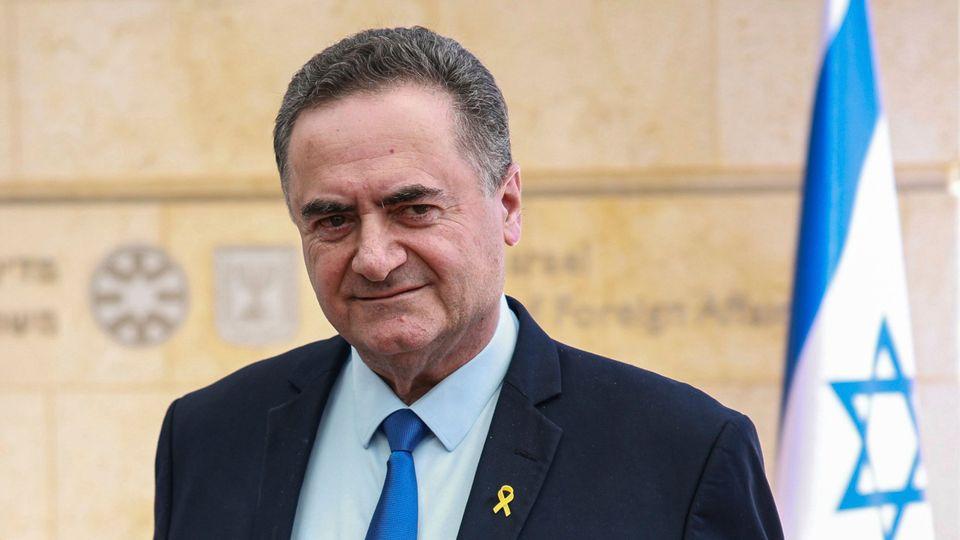Iran Advocates for a Regional Security Model Rooted in West Asian Cooperation Amid Diplomatic Deadlock
In a notable development reshaping the geopolitical contours of West Asia, Iran has championed the establishment of an autonomous security framework tailored specifically to the region’s unique challenges. This proposal emerges against the backdrop of stalled nuclear negotiations with the United States and escalating regional tensions. Iranian leaders emphasize that sustainable peace and stability can only be achieved through a security architecture designed and managed by local actors, prioritizing regional interests over external interference. This strategic pivot signals Tehran’s intent to redefine its role as a central architect in West Asian affairs while challenging longstanding foreign dominance.
A New Vision for Security: Iran’s Call for Regional Ownership
With diplomatic efforts between Iran and Washington at an impasse, Tehran has introduced a comprehensive plan advocating for what it terms a “homegrown” security system in West Asia. The initiative underscores principles such as mutual respect, non-intervention, and collective defense, aiming to foster cooperation among neighboring states while reducing reliance on global powers whose involvement has historically complicated regional stability.
The framework proposed by Iranian officials includes several pivotal elements designed to enhance trust and collaboration:
- Enhancement of diplomatic engagement: Encouraging open dialogue channels between adjacent countries to resolve disputes peacefully.
- Coordinated military drills: Conducting joint exercises that build interoperability and readiness against shared threats.
- Shared intelligence operations: Facilitating information exchange focused on counterterrorism efforts and combating transnational crime networks.
- Economic integration initiatives: Promoting trade partnerships that create mutual dependencies, thereby discouraging conflict escalation.
This approach reflects Iran’s conviction that indigenous solutions are essential for overcoming persistent instability in West Asia. As global superpowers recalibrate their involvement—evidenced by fluctuating U.S. policies—the emphasis on self-reliance resonates with broader trends where nations seek greater sovereignty over their security agendas.
The Shifting Landscape: Implications of Regional Security Realignment in West Asia
The advocacy for an internally driven security model highlights significant shifts within the complex web of alliances, rivalries, and power balances across West Asia. By promoting regional autonomy, Iran aims not only to consolidate its influence but also to encourage neighboring states toward cooperative frameworks based on shared interests rather than external alignments.
This evolving dynamic carries substantial consequences for international stakeholders engaged in Middle Eastern affairs:
- Diversification of alliances: Countries may increasingly pursue new partnerships grounded in common economic or security goals rather than traditional blocs dominated by Western powers.
- Diminished external leverage: A successful homegrown model could reduce dependency on foreign military presence or political backing, altering long-standing power equations.
- Pivotal policy recalibrations globally: Major world actors might need to reassess their strategies toward Middle Eastern nations as these countries assert more control over their internal affairs.
| Key Developments | Date | Potential Impact on Regional Stability |
|---|---|---|
| Iran’s Proposal for Indigenous Security Frameworks | October 2023 | A move towards enhanced intra-regional cooperation reducing foreign intervention |
| Cessation of U.S.-Iran Nuclear Talks | September 2023 | An increase in uncertainty prompting local actors to fill governance gaps |
| Mideast Nations Exploring Alternative Military Partnerships | < td August ="" >August 2023 td >< td >Emergence of new coalitions outside traditional Western spheres influencing future alignments

